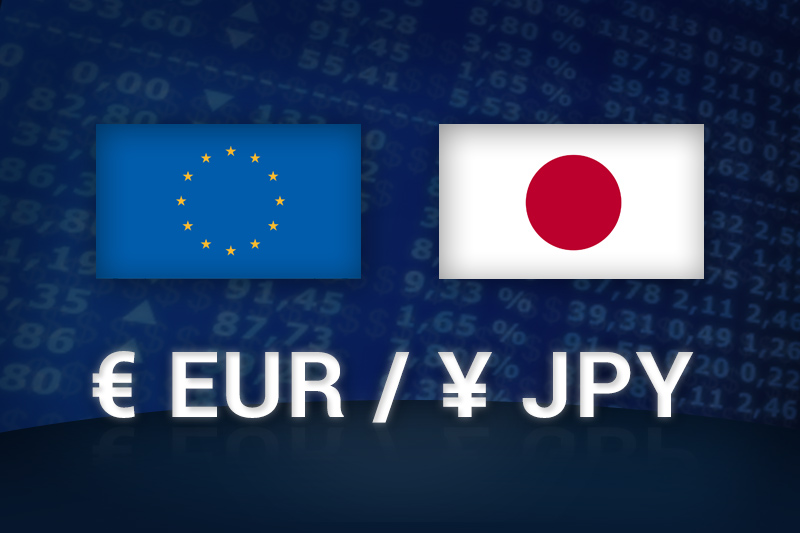Investing.com - The euro was higher against the yen on Wednesday, but remained vulnerable as ongoing concerns over the effects of Greece’s political deadlock and the country’s possible exit from the euro zone continued to weigh on demand for the single currency.
EUR/JPY hit 102.71 during European afternoon trade, the daily high; the pair subsequently consolidated at 102.53, rising 0.44%.
The pair was likely to find support at 101.64, the low of February 8 and resistance at 103.36, the high of May 14.
The euro found some support after tumbling to a three-month low against the yen earlier after talks in Greece aimed at forming a government failed, forcing another round of elections in June.
Uncertainty over the outcome of the new elections fuelled fears over Greece’s ability to uphold its financial commitments and its possible exit from the euro zone.
The yield on Spanish 10-year bonds eased back to 6.34% from 6.41% as sentiment slightly improved, while the yield on Italian 10-year bonds remained at 6.01%.
Meanwhile, a report showed that consumer price inflation in the euro zone held steady at 2.6% in April, unchanged from a preliminary estimate.
Month-on-month, CPI rose 0.5%, in line with expectations, after rising by 1.3% in March.
In Japan, government data showed earlier that tertiary industry activity fell more-than-expected in March, ticking down 0.6% after a flat reading the previous month.
The report came after data showed that Japan’s core machinery orders fell less-than-expected in March, declining 2.8% after a 2.8% rise the previous month.
Elsewhere, the yen was also lower against the U.S. dollar with USD/JPY adding 0.34%, to hit 80.46.
Later in the day, European Central Bank President Mario Draghi was due to speak.
The U.S. was to produce official data on building permits and housing starts, followed by reports on the capacity utilization rate and industrial production. In addition, the Federal Reserve was to publish the minutes of its most recent policy meeting.
EUR/JPY hit 102.71 during European afternoon trade, the daily high; the pair subsequently consolidated at 102.53, rising 0.44%.
The pair was likely to find support at 101.64, the low of February 8 and resistance at 103.36, the high of May 14.
The euro found some support after tumbling to a three-month low against the yen earlier after talks in Greece aimed at forming a government failed, forcing another round of elections in June.
Uncertainty over the outcome of the new elections fuelled fears over Greece’s ability to uphold its financial commitments and its possible exit from the euro zone.
The yield on Spanish 10-year bonds eased back to 6.34% from 6.41% as sentiment slightly improved, while the yield on Italian 10-year bonds remained at 6.01%.
Meanwhile, a report showed that consumer price inflation in the euro zone held steady at 2.6% in April, unchanged from a preliminary estimate.
Month-on-month, CPI rose 0.5%, in line with expectations, after rising by 1.3% in March.
In Japan, government data showed earlier that tertiary industry activity fell more-than-expected in March, ticking down 0.6% after a flat reading the previous month.
The report came after data showed that Japan’s core machinery orders fell less-than-expected in March, declining 2.8% after a 2.8% rise the previous month.
Elsewhere, the yen was also lower against the U.S. dollar with USD/JPY adding 0.34%, to hit 80.46.
Later in the day, European Central Bank President Mario Draghi was due to speak.
The U.S. was to produce official data on building permits and housing starts, followed by reports on the capacity utilization rate and industrial production. In addition, the Federal Reserve was to publish the minutes of its most recent policy meeting.
